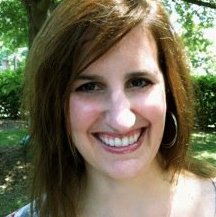jesus freak
I first heard the term "evangelical" in the 1980s, about the time the Swaggarts and Bakkers were imploding. Christianity needed a new name for sane, intellectually sound faith.
"Born-again" had been sullied by the televangelists and worn out by Debbie Boone’s explanation of how she justified singing the lyrics to “You Light Up My Life.”
"Jesus Freak" had died with the Peace movement.
We needed another word to separate true Christians from fake ones; sheep from goats; serious believers from those who merely checked the “Christian” box on their driver’s license application because Jew, Muslim or Ekkankar didn’t apply.
(Sometimes I wonder if all the denominations in Christendom are merely a list of the nomenclature we’ve used to separate Us from Them.)

When I applied for a job at CNN in the 90s, and told the interviewer that I had interned with an evangelical magazine called Christianity Today, his response was, "If it's Christian, it isn't journalism."
Over the years that expanded to, "If it's evangelical, it's Republican. Or Jerry Falwell. Pat Robertson. The Tea Party. Wrapped in a Patriotic Flag. White People. Derivative, cheesy music. Big Money. Big Hair." Fill in the rest of the blanks.
Are those labels a distortion of what it means to be an evangelical? Of course they are. Yet they are how evangelicals are perceived, rightly or wrongly (I personally think it's a mixture of both), in our society.
